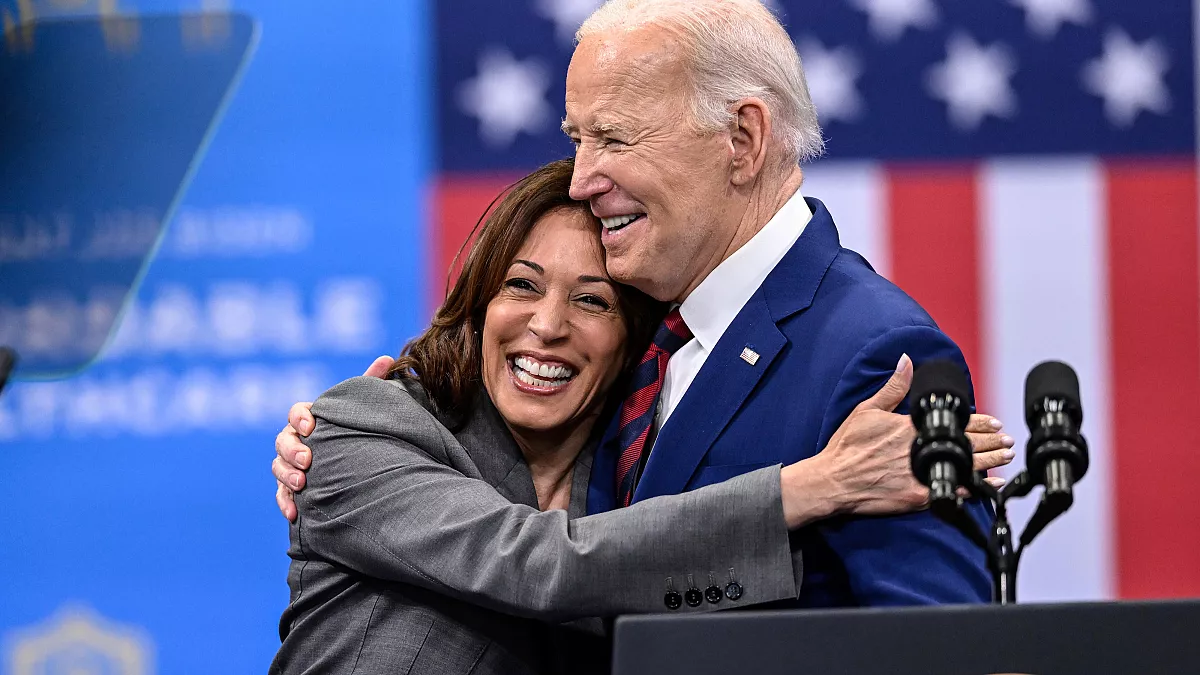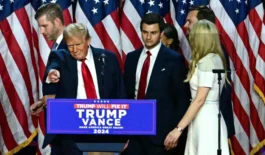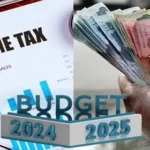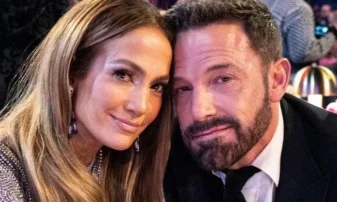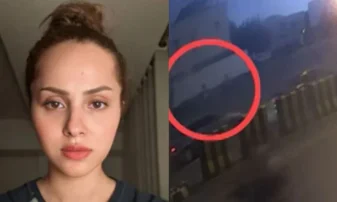LONDON (Daily Point) — The implementation of new plans requiring individuals to earn £38,700 annually before bringing their family to the UK will now happen in two stages.
The initial threshold increase to £29,000 will take effect next spring, followed by the full increase in early 2025.
Prime Minister Rishi Sunak, speaking in Lincoln, defended the decision, stressing the importance of financial support for dependents when bringing them into the country as part of the family.
“The principle here is absolutely right that if people are bringing dependants into this country as part of their family, they must be able to support them. We’re doing exactly as we said we would. We’re just doing it in two stages. So it will go up in a few months’ time and then it will go up again the full amount in early 2025,” Sunak explained.
Sunak further justified the move by expressing concerns about the current high levels of migration, stating, “The levels of migration are far too high. They’ve got to come down.” The government’s decision to adjust the threshold comes amid record net migration estimates, reaching 745,000 in 2022.
The Labour Party is expected to face scrutiny regarding its stance on the proposed rules leading up to the next general election in January 2025.
The government’s announcement earlier this month, which included changes to family visas and a requirement for foreign workers to earn at least £38,700 for a UK skilled worker visa, faced criticism for potential disruptions to households.
Former immigration minister Robert Jenrick, who resigned over disagreements with Sunak’s approach to illegal migration, emphasized the need for immediate implementation of the new visa rules to prevent a rush of applications under the current system.
The Home Office confirmed that individuals renewing a family visa would not be subject to the new earnings threshold.
While a government factsheet suggested that the £29,000 threshold could contribute to a “low tens of thousands” reduction in legal migration, critics, including Labour’s shadow home secretary Yvette Cooper, argued that the government failed to consult adequately on the proposals and did not consider the impact on families.
As the details unfolded, a British citizen named Josie, residing with her Italian husband in Ancona, Italy, expressed uncertainty about returning to the UK despite the delayed implementation of the £38,700 threshold.
Josie, a scientist, cited the policy flip-flopping as a factor eroding confidence, emphasizing the UK’s appeal as a great place for scientists.






